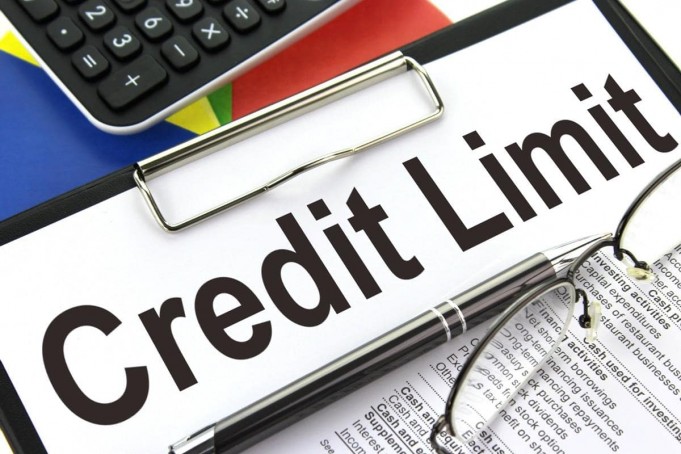Credit Limit
A credit limit is the maximum credit a customer can have on their credit cards. It also means, the maximum amount of money a borrower can spend, before repaying the debt. The lender decides the prospects credit limit. That determines the maximum credit the loaner company will supply to the debtor.
Factors that Affect Credit Limit
The credit limit is persuaded by the information of the borrower. Mostly, it is determined by banks and previous loaners. The factors that affect credit limit are income, history of returning loaned amount, etc. If the loaner deems the debtor well off, their limit is higher. However, in the opposite situation, the limit would be lowered. That is because the borrower may not be able to repay the money. Similarly, if a person is in debt already, their limit would be lower. Also, if a person has no history and is new, the limit will again be less.
The bank or the lender fixes the limit for every borrower. The power to change the limit thus rests with the money lender as well. The limit can be increased. That is usually when the debtor never exceeds the credit limit. Also, that could happen if the debt is paid without procrastination. On the other hand, sometimes the borrower is unable to meet the set criteria. In this situation, the limit may be lowered.
It can alter a person’s credit score. Also, it determines whether or not a borrower qualifies to acquire loans in the future.
Whether the Card is Secure
This sets whether the card is secure or not. A secure card refers to a card supported by the collateral of some sort. Collateral may be in the form of jewelry, a car, or a house. In such a case, the lender loans money corresponding to the value of the collateral. In case of failure of repayment, the collateral shall be seized by the moneylender. An unsecured card is not backed by collateral. So the limit is determined according to the debtors’ information.
A debtor is expected to not exceed the limit. He or she can spend the desired amount of money within the limit. He or she can continue spending cards until the limit is reached. But surpassing it results in a penalty for the borrower. It may also make it difficult to acquire loans in the future for the offender.
It is important to be punctual with payments. Some borrowers do not exceed the limit and pay all the bills on time. For such people, accessing loans in the future would not be a problem. That is because their credit records speak for themselves. So, maintenance of the credit records is highly recommended.
Conclusion
Thus understanding one’s credit limit is of utmost importance. One should always try to not exceed the limit. That can lead to penalties. Also, the bills should be paid on time. This is essential to maintain good credit records. Good credit records, in turn, benefit the borrower with future loaners. It is also helpful if one expects an increase in the limit in the future.









